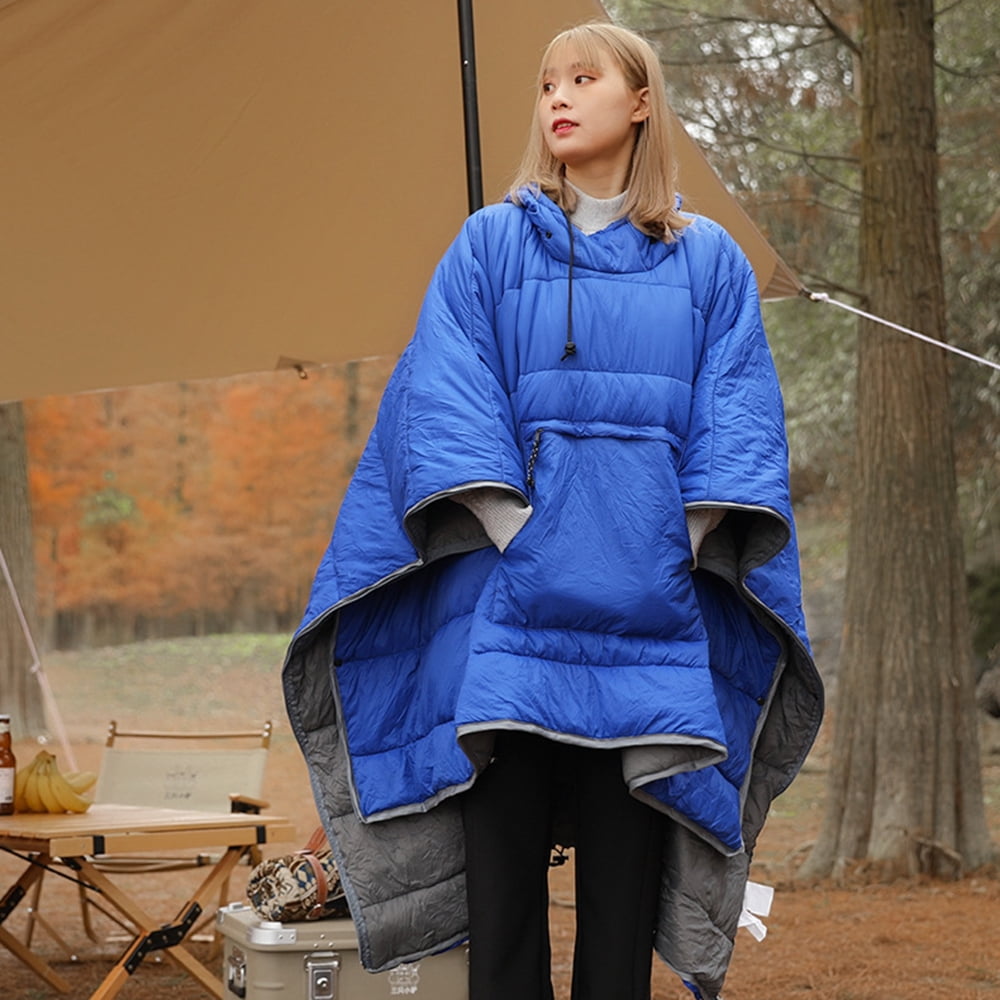

In the US, camping may be traced to William Henry Harrison Murray's 1869 publication of Camp-Life in the Adirondacks resulting in a flood of visitors to the Adirondacks that summer. Although the First World War was responsible for a certain hiatus in camping activity, the association received a new lease of life after the war when Sir Robert Baden-Powell (founder of the Boy Scouts movement) became its president in 1919. In 1910 the Association was merged into the National Camping Club. By that time the organization had several hundred members. In 1906, the Association of Cycle Campers opened its first own camping site, in Weybridge. Possibly the first commercial camping ground in the world was Cunningham's camp, near Douglas, Isle of Man, which opened in 1894. He wrote The Campers Handbook in 1908, so that he could share his enthusiasm for the great outdoors with the world. His book on his Ireland experience, Cycle and Camp in Connemara led to the formation of the first camping group in 1901, the Association of Cycle Campers, later to become the Camping and Caravanning Club. Later he embarked on a cycling and camping tour with some friends across Ireland. He experienced the activity in his youth, when he had spent much time with his parents traveling across the American prairies. Although Thomas Hiram Holding is often seen as the father of modern camping in the UK, he was responsible for popularising a different type of camping in the early twentieth century.

By the 1880s, large numbers of visitors took part in the pastime, which was connected to the late Victorian craze for pleasure boating. The history of recreational camping is often traced back to Thomas Hiram Holding, a British travelling tailor, but it was actually first popularised in the UK on the river Thames. Thomas Hiram Holding outside his camping tent. Likewise, cultures with itinerant lifestyles or lack of permanent dwellings cannot be said to be "camping" as this is considered their way of life. Similarly, a homeless person's lifestyle may involve many common camping activities, such as sleeping out and preparing meals over a fire but fails to reflect the elective nature and pursuit of spirit rejuvenation that are an integral aspect of camping. A children's summer camp with dining hall meals and bunkhouse accommodations may have "camp" in its name but fails to reflect the spirit and form of "camping" as it is broadly understood. Fundamentally, it reflects a combination of intent and the nature of activities involved. Just as with motels, which serve both recreational and business guests, the same campground may serve recreational campers, school field trips, migrant workers, and homeless at the same time. There is no universally held definition of what is and what is not camping. Fastpacking involves both running and camping. Camping may be combined with hiking, as in backpacking, and is often enjoyed in conjunction with other outdoor activities such as canoeing, kayaking, climbing, fishing, and hunting. Other campers might use specialized camping gear designed to provide comfort, including their own power and heat sources as well as camping furniture. Survivalist and wild campers typically set off with as little as possible to get by. The act of staying and sleeping in an outside area for one or more days and nights, usually in a tent.Ĭamping describes a range of activities and approaches to outdoor accommodation. The Cambridge Academic Content Dictionary defines camping as: Camping is a key part of many youth organizations around the world, such as Scouting, which use it to teach both self-reliance and teamwork. In a few countries, such as Sweden and Scotland, public camping is legal on privately held land as well.

Modern campers frequent publicly owned natural resources such as national and state parks, wilderness areas, and commercial campgrounds. With time, it grew in popularity among other socioeconomic classes. The night (or more) spent outdoors distinguishes camping from day-tripping, picnicking, and other similarly short-term recreational activities.Ĭamping as a recreational activity became popular among elites in the early 20th century. Typically, participants leave developed areas to spend time outdoors in more natural ones in pursuit of activities providing them enjoyment or an educational experience. Tent camping in Sierra Nevada National ParkĬamping is an outdoor activity involving overnight stays away from home, either without shelter or using basic shelter such as a tent, or a recreational vehicle.


 0 kommentar(er)
0 kommentar(er)
